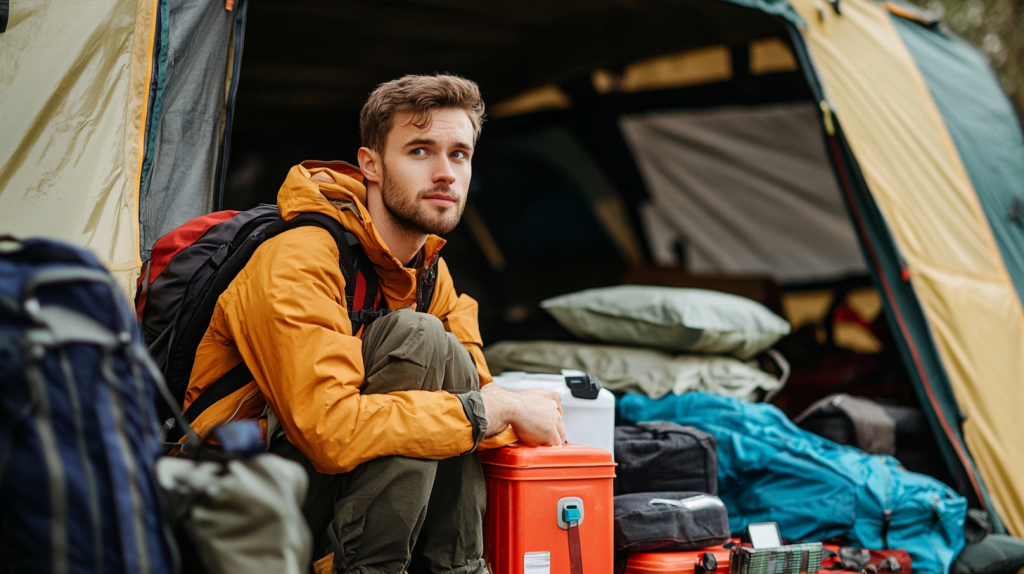In a world where unpredictable events can disrupt our daily lives, being prepared for the worst is more important than ever.
Whether it’s a natural disaster, economic collapse, or social unrest, knowing how to survive in an urban environment can mean the difference between life and death.
Urban areas, with their dense populations and reliance on modern conveniences, present unique challenges when everything hits the fan (SHTF). To help you stay safe and navigate these potential dangers, here are 21 essential urban survival tips to keep in mind.
1. Know Your Escape Routes

Understanding the layout of your city is crucial. Identify multiple routes out of the area, including lesser-known streets, alleys, and public transportation options. In a crisis, major roads might be blocked or overcrowded, so alternative routes can provide a faster, safer escape.
2. Stock Up on Essentials
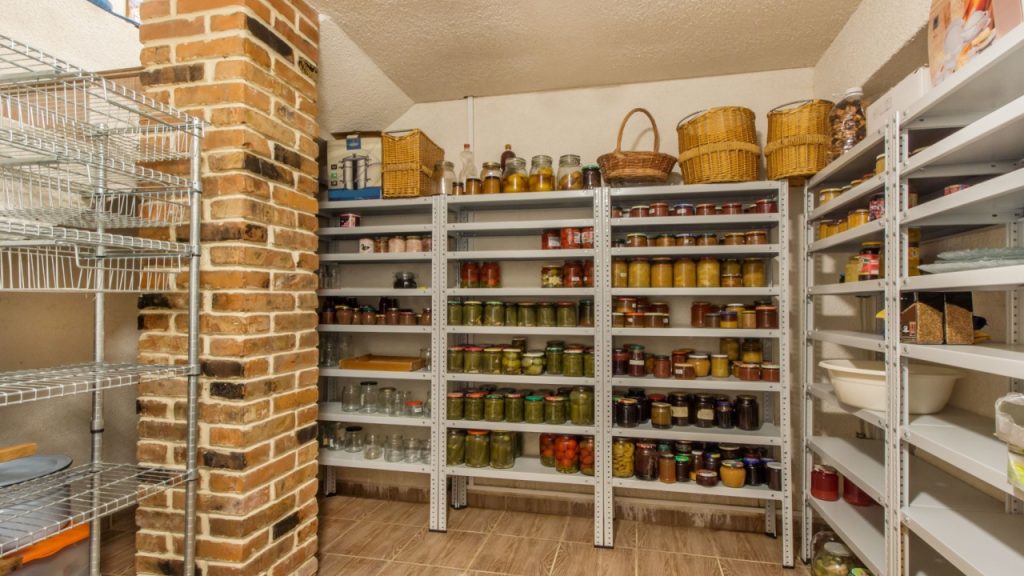
Keep a supply of food, water, and medical supplies at home. Aim for at least a two-week supply, focusing on non-perishable items like canned goods and dried foods. Don’t forget essential medications and first-aid supplies.
3. Create a Go-Bag
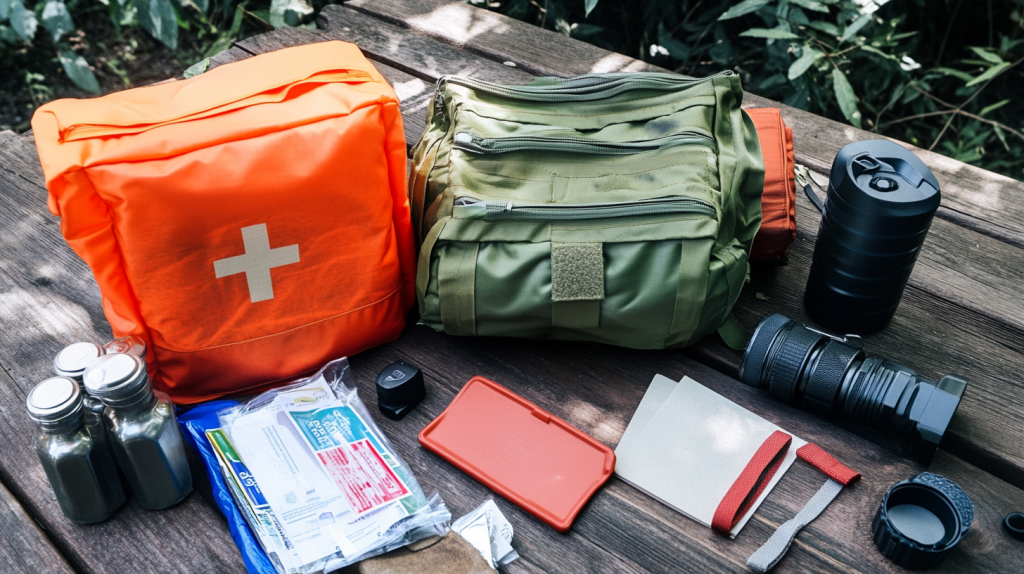
A go-bag is a portable kit containing everything you need to survive for at least 72 hours. Include items like food, water, a flashlight, batteries, a first-aid kit, and important documents. Store it in an easily accessible place, so you can grab it quickly if you need to leave in a hurry.
4. Blend In With the Crowd

In an urban crisis, standing out can make you a target. Wear neutral clothing that doesn’t draw attention, and avoid showing off valuable items. Blending in can help you move through crowds unnoticed.
5. Learn Basic Self-Defense

In chaotic situations, knowing how to protect yourself is vital. Take a self-defense class to learn how to handle physical confrontations. Even basic skills can give you the confidence and ability to defend yourself if necessary.
6. Have Cash on Hand

When systems go down, ATMs and credit card machines might not work. Keep some cash in small denominations in your home and go-bag. It can help you buy supplies or pay for services when electronic payments are unavailable.
7. Secure Your Home
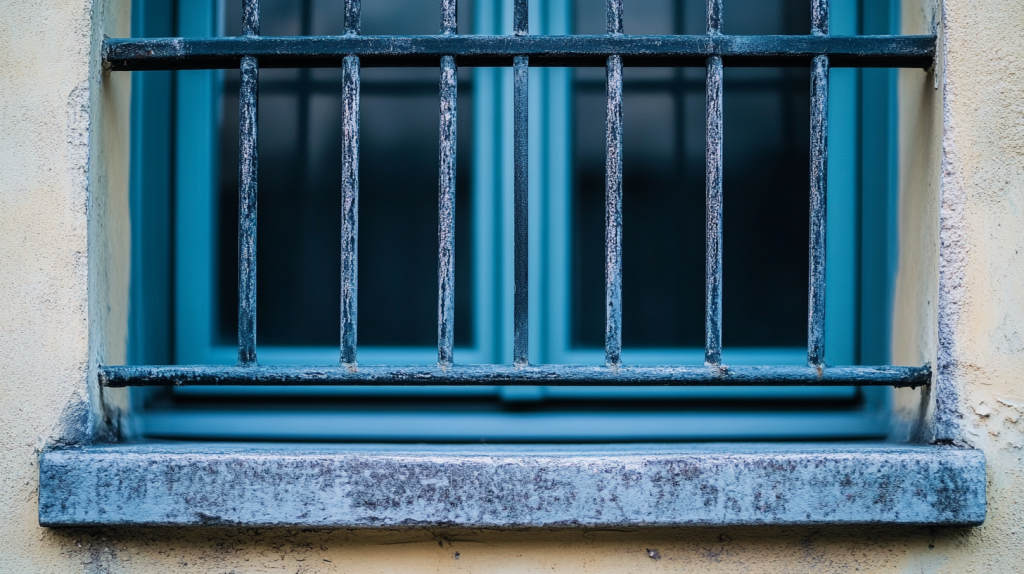
Fortify your home to protect against break-ins. Reinforce doors and windows, install security bars, and consider a home alarm system. A well-secured home can deter looters and keep you safer during a crisis.
8. Build a Network

Establish connections with neighbors and local community members. In an emergency, having trusted people nearby can provide mutual support, whether it’s sharing resources or keeping an eye on each other’s homes.
9. Learn to Purify Water
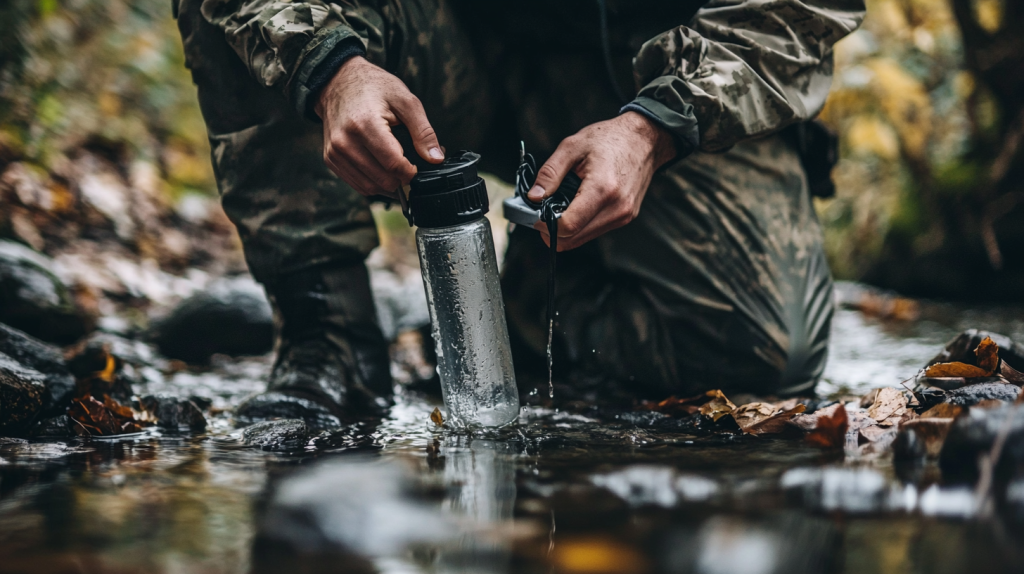
Clean water is essential for survival. Learn how to purify water using methods like boiling, filtration, or chemical tablets. Keeping a portable water filter in your go-bag is also a smart move.
10. Stay Informed
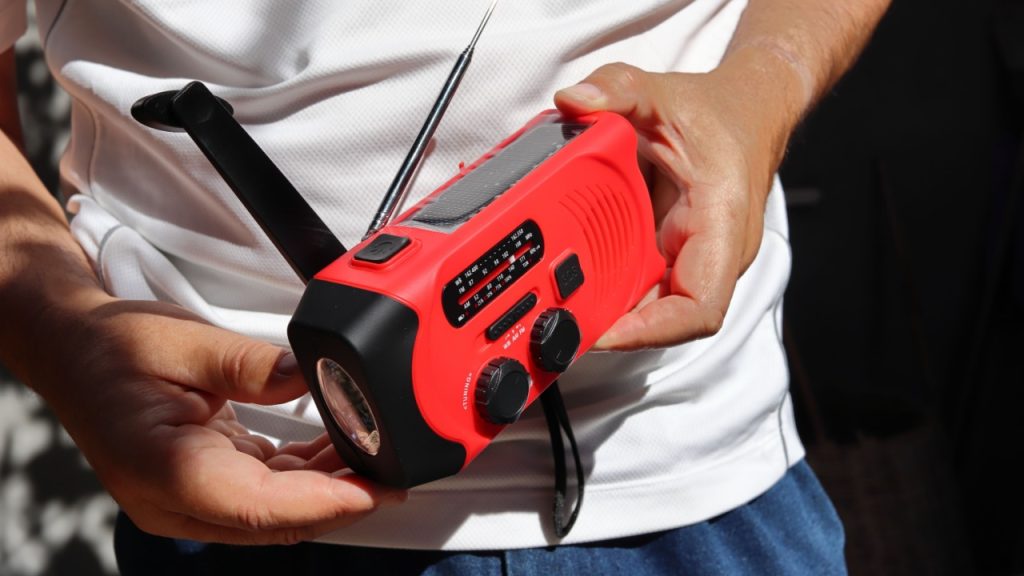
Keep up-to-date with the latest news and weather reports. A battery-powered or hand-crank radio can be invaluable if the power goes out. Knowing what’s happening can help you make informed decisions during a crisis.
11. Practice Situational Awareness
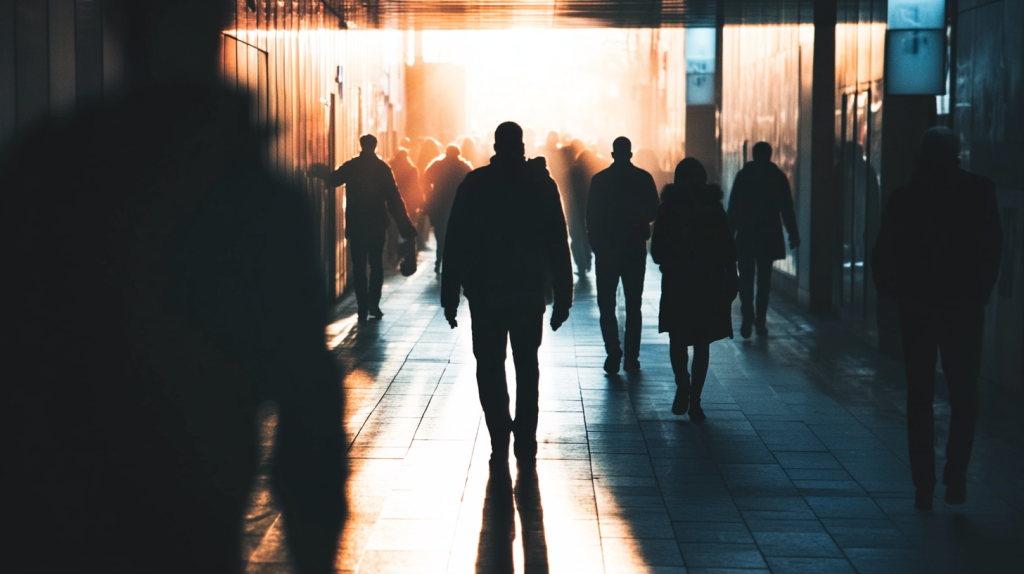
Always be aware of your surroundings, especially in crowded or unfamiliar areas. Watch for potential threats, like suspicious behavior or signs of unrest, and have an exit strategy ready.
12. Store Extra Fuel

If you rely on a vehicle, keep your gas tank at least half full and store extra fuel if possible. In a crisis, gas stations might be closed or overwhelmed, and having fuel on hand can keep you mobile.
13. Learn First Aid
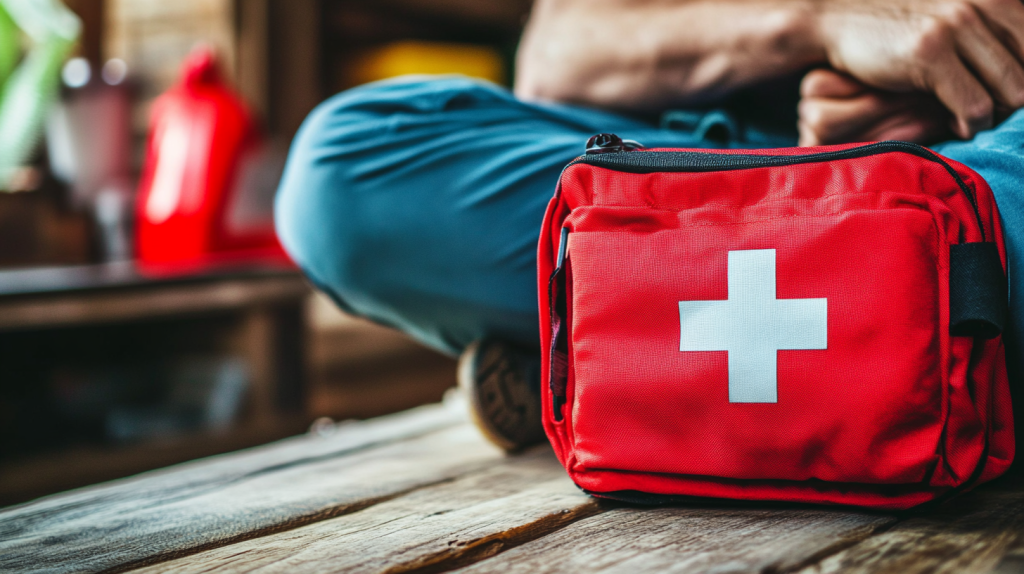
Basic first-aid knowledge is crucial in emergencies. Take a first-aid course to learn how to treat common injuries and illnesses. Being able to provide medical help can save lives when professional care is unavailable.
14. Plan for Communication
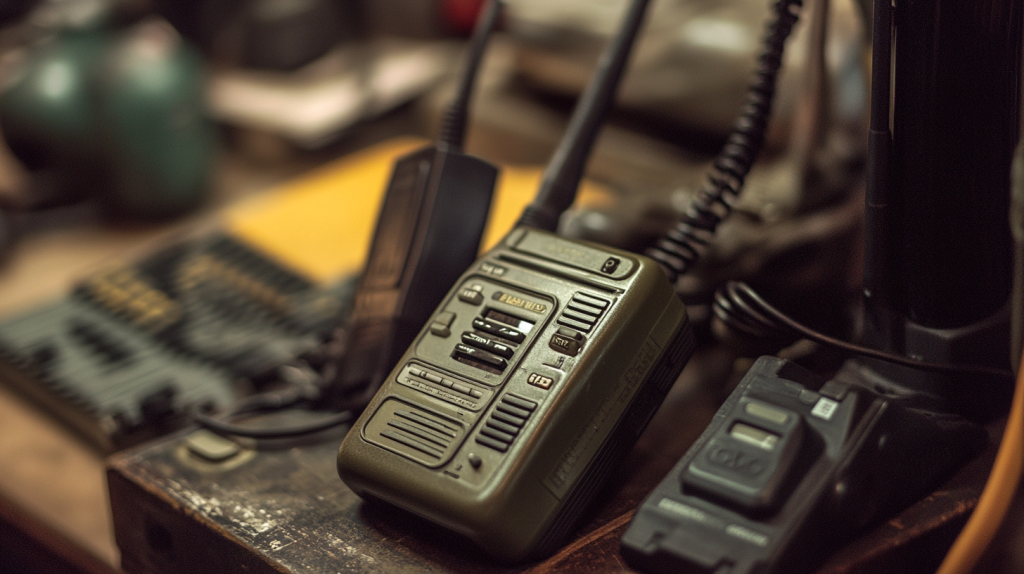
When phone lines and the internet go down, staying in touch with loved ones can be challenging. Establish a communication plan with your family, including meeting points and alternative methods like walkie-talkies or satellite phones.
15. Keep a Low Profile
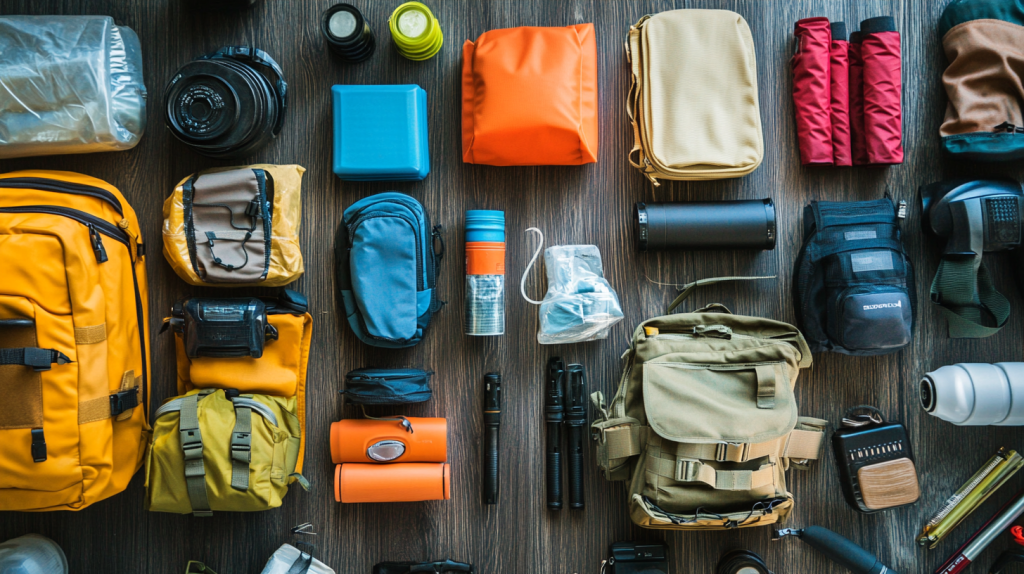
Avoid drawing attention to your preparedness efforts. Don’t broadcast your supplies or plans to others, as this can make you a target. Keeping a low profile ensures your safety and the security of your resources.
16. Master Basic Repair Skills

In a crisis, being able to fix things like a broken door, a leaky pipe, or a damaged vehicle can be crucial. Learn basic repair skills to keep your home and equipment in working order without relying on outside help.
17. Have Multiple Backup Plans
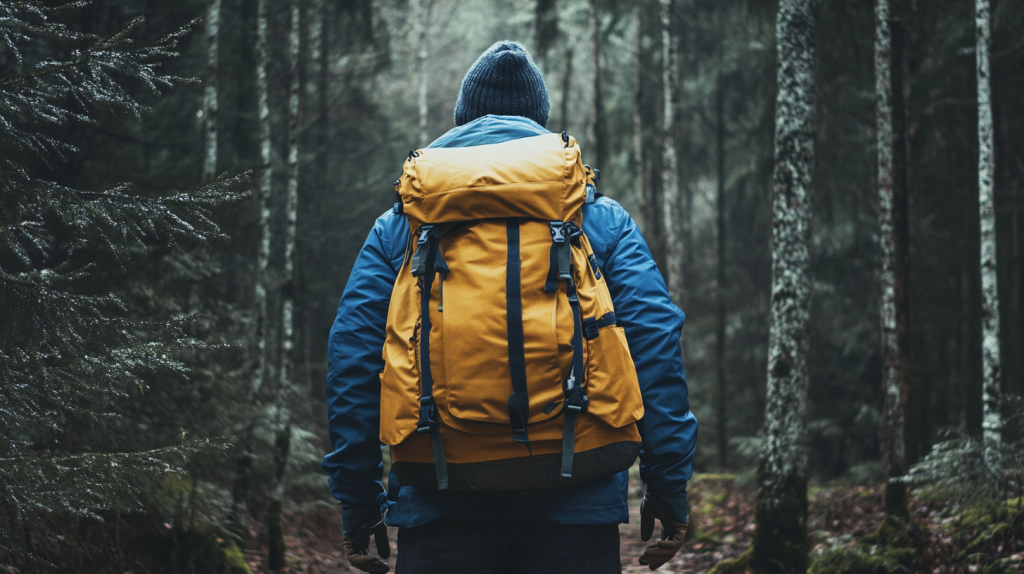
Never rely on just one plan. Have several backup options for shelter, escape routes, and meeting points. The more flexible you are, the better your chances of adapting to unexpected situations.
18. Understand Local Threats
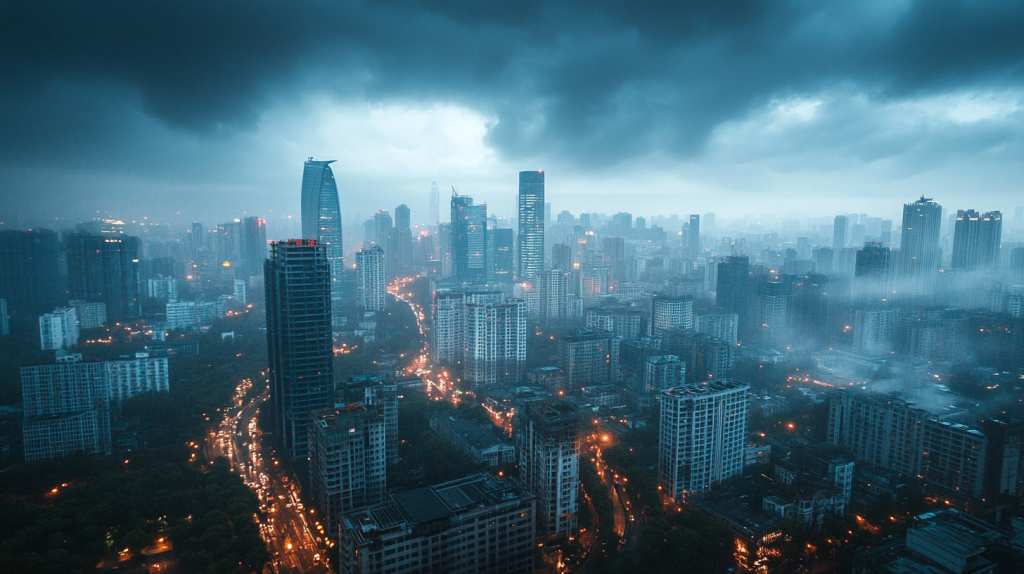
Every urban area has unique risks, whether it’s natural disasters, high crime rates, or infrastructure vulnerabilities. Research your city’s specific threats and tailor your preparedness plan accordingly.
19. Know How to Signal for Help

In a situation where you’re trapped or need assistance, knowing how to signal for help is crucial. Learn basic signaling techniques, like using mirrors, whistles, or even a flare gun, to attract attention.
20. Keep a Survival Library

Knowledge is power in a crisis. Keep a collection of survival books, manuals, and guides on topics like first aid, foraging, and urban survival tactics. If the internet goes down, these resources can be invaluable.
21. Stay Calm and Think Clearly

Panic can be as dangerous as any physical threat. In a crisis, staying calm and thinking clearly can help you make better decisions. Practice stress management techniques and rehearse your plans regularly to build confidence.
17 Old Wives’ Tales That Are Actually True

Old wives’ tales have been passed down through generations, often dismissed as mere superstition. However, many of these age-old beliefs are rooted in truth. From health tips to weather predictions, these stories from the past can surprise us with their accuracy. Here are 17 old wives’ tales that are actually true.
Read More: 17 Old Wives’ Tales That Are Actually True
Ellen has been obsessed with logic puzzles, jigsaws, and cryptograms since she was a kid. After learning she was taught how to play chess wrong by a family friend (so they could win), she joined her school chess club and the rest is history.
